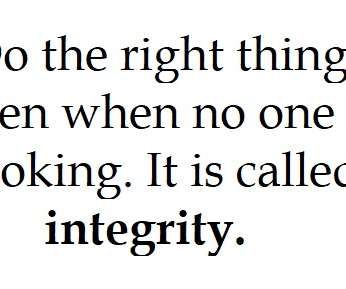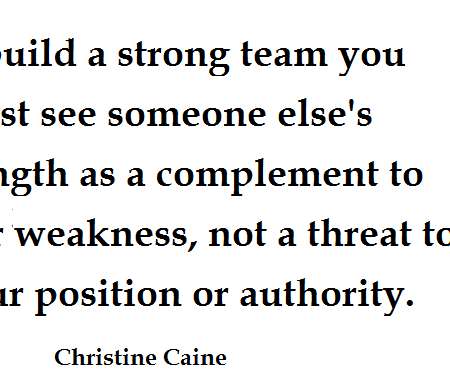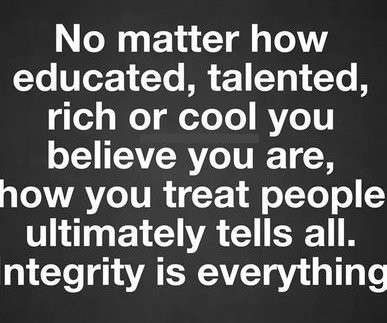Integrity is by far the most important asset of a leader.
Brigette Hyacinth
NOVEMBER 12, 2020
Treating others poorly – not showing respect or empathy, micromanaging employees, not trusting them to do their job. Your ability to influence is not just based on skill or intelligence; it’s based on trust and requires integrity, which is the foundation of real and lasting influence.























Let's personalize your content